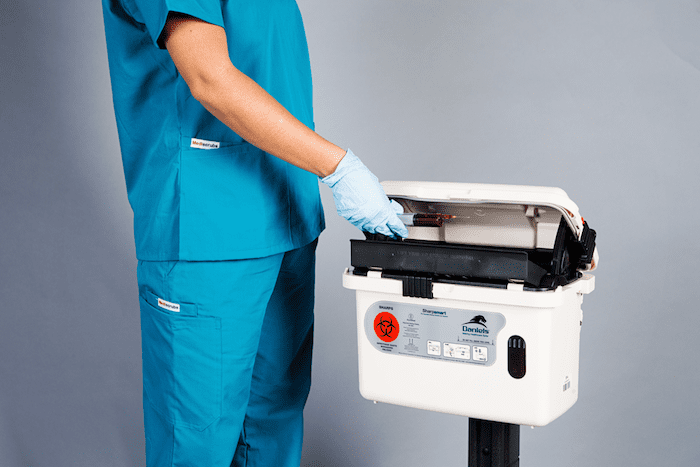
In the past few decades, private health facilities have increased globally. The main reason for the quick rise of these private facilities is the ability to get an online title loan and because they provide excellent and extra health care services, which people cannot find in public facilities.
HIPAA guidelines are also more stringent in these facilities. For example, when text messaging with patients, you must abide by HIPAA guidelines and only send secure messages.
The Health Insurance Portability and Accountability Act (HIPAA) is a federal law that protects a patient’s medical records and other protected health information (PHI). Private facilities use services like Curogram to assist.
Here, patients are allowed to choose where they want to seek treatment as the facilities are independent, and one does not need to be referred to other public institutions now and then.
Some of the private healthcare facilities today include:
1. Urgent Care Clinic
If a patient falls ill and cannot get to his or her doctor’s office, urgent care clinics provide medical care without an appointment. You get immediate outpatient care for issues that you would see your doctor for, including stomach infection or a sprained painful ankle. All of these specialists have their CPR certifications. However, for complex health issues, an emergency room would be better. A broken arm, breathing difficulties, chest pain, extremely high fevers, or severe injuries cannot be fully attended in an urgent care clinic.
2. Nursing Home
Patients who need constant care should be in a nursing home. Although such homes are associated with the elderly, they are excellent for patients requiring custodial care. Anyone, regardless of his or her age, can get medical care here. There is always someone watching over the patients 24/7. Qualified nurses, therapists, and physicians are present throughout to offer and oversee medical care including nursing assignment help from experts. What’s more, they help out anyone who cannot take on tasks such as bathing, dressing, and feeding.
3. Orthopedic Rehabilitation Center
Orthopedic rehabilitation centers are for people dealing with bones and muscle health issues. For anyone with chronic back or joint pain, these are the types of private healthcare facilities to visit. Apart from offering pain relief, physical therapists in orthopedic centers diagnose and come up with an excellent treatment plan for every patient.
These facilities deal with many things, including therapy for people recovering from injuries or with disabilities. You will find treatment, rehabilitation, and prevention of various bone, ligament, tendons, joints, and muscle-related problems.
4. Addiction and Mental Health Treatment Facilities
An addiction and mental health facility have not been around as long as the other types of facilities have. Some of them provide general services dealing with various mental health problems. Depending on your health issue, you can choose where to go. Some of the conditions such facilities handle are; suicidal thoughts, depression treatment, post-traumatic stress disorder, and anxiety disorders.
5. Hospice Homes
Hospice care refers to a healthcare model, which offers medical, spiritual, and emotional support for not only patients but their families too. It provides end-of-life care to patients with terminal illnesses or injuries. Some offer hospice-care within a patient’s home, but if there significant needs that require to be met; a patient has to be in a hospice facility.
6. Ambulatory Surgical Facility
Ambulatory surgical facilities are also known as outpatient surgical centers, and patients receive some medical procedures away from the hospital environment. What’s more, these facilities are usually cheaper than hospitals while ensuring a patient is not a high risk of developing infections.
However, these facilities do not offer clinic hours and diagnostic services. Physicians and hospitals refer to most of the people treated in these types of private healthcare facilities for surgical care only.
The effective handling of an ambulance is not the job of a single person. It is a gathering of healthcare service providers who all come together to make an establishment work in the most efficient manner. All the different kinds of establishments mentioned above need an office receptionist, ward boys, medical aid, doctors, and other kinds of caregivers to be successful. Who according to you is the most important functionary in a healthcare industry?
Let us know below.
See this article for more information.
The Editorial Team at Healthcare Business Today is made up of skilled healthcare writers and experts, led by our managing editor, Daniel Casciato, who has over 25 years of experience in healthcare writing. Since 1998, we have produced compelling and informative content for numerous publications, establishing ourselves as a trusted resource for health and wellness information. We offer readers access to fresh health, medicine, science, and technology developments and the latest in patient news, emphasizing how these developments affect our lives.







